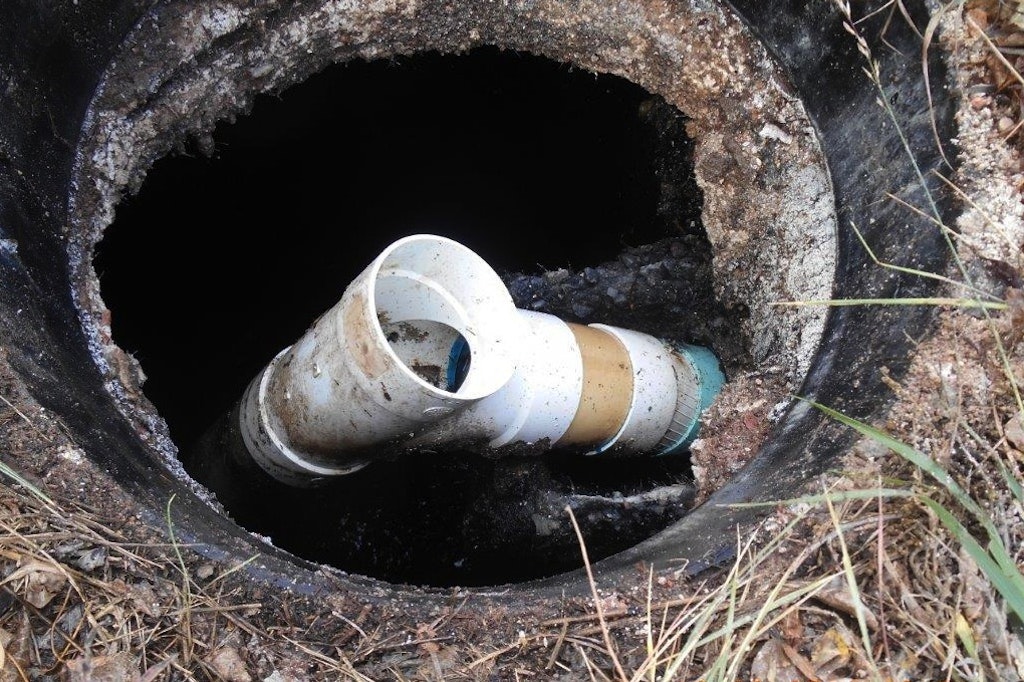Bioenzymes Support Eco-Friendly Practices in Wastewater Treatment Facilities
Wastewater treatment facilities play a vital role in maintaining environmental balance by processing large volumes of water and removing pollutants. Bioenzymes have emerged as a natural solution that supports eco-friendly practices in these modern treatment plants. These biological agents help break down organic waste efficiently, reducing the need for harsh chemicals while enhancing overall water quality. By integrating bioenzymes into wastewater treatment, facilities can operate sustainably, minimize environmental impact, and improve operational efficiency. Their natural mechanism ensures that wastewater is treated safely while supporting greener and more responsible management of water resources.
Enhancing Organic Waste Breakdown
Bioenzymes are highly effective in accelerating the decomposition of organic matter in wastewater. They target fats, oils, proteins, and other complex substances, converting them into simpler compounds. This process:
- Reduces sludge buildup in treatment tanks.
- Improves overall water clarity and quality.
- Enhances the efficiency of biological treatment stages.
The natural activity of bioenzymes helps maintain a balanced microbial ecosystem, supporting long-term plant performance without relying on synthetic chemicals.
Supporting Sustainable Water Management

One of the key advantages of using Sanbien Liquid XP 2001 is their contribution to eco-friendly operations. Wastewater treatment facilities can adopt greener practices by:
- Minimizing chemical use, which reduces harmful residues in treated water.
- Lowering energy consumption, as bioenzymes accelerate natural biological processes.
- Promoting cleaner discharge into rivers, lakes, and other water bodies.
These benefits make bioenzymes an essential component of modern sustainable water management strategies.
Optimizing Plant Performance
Integrating bioenzymes also ensures smoother and more reliable facility operations. Their continuous activity prevents blockages and reduces maintenance requirements. Key performance improvements include:
- Faster processing times for wastewater.
- Reduced downtime due to clogging or sludge accumulation.
- Lower operational costs from decreased chemical and energy usage.
By maintaining consistent treatment performance, bioenzymes help facilities meet regulatory standards and community expectations for water quality.
Promoting Environmental Responsibility
Bioenzymes allow wastewater treatment facilities to embrace environmentally responsible practices. By using these natural agents, plants can:
- Contribute to cleaner ecosystems by reducing pollutant loads.
- Support biodiversity in surrounding water bodies.
- Demonstrate a commitment to sustainability and corporate social responsibility.
These advantages align with global efforts to protect water resources and reduce industrial impact on the environment. Bioenzymes are transforming wastewater treatment by supporting eco-friendly and sustainable operations. Their ability to break down organic waste naturally, optimize plant performance, and reduce reliance on chemicals makes them invaluable in modern facilities. By adopting bioenzyme-based treatments, wastewater plants can achieve higher efficiency, cleaner water discharge, and a positive environmental impact. The integration of bioenzymes is a practical step toward creating greener, more sustainable water management practices for communities worldwide.


